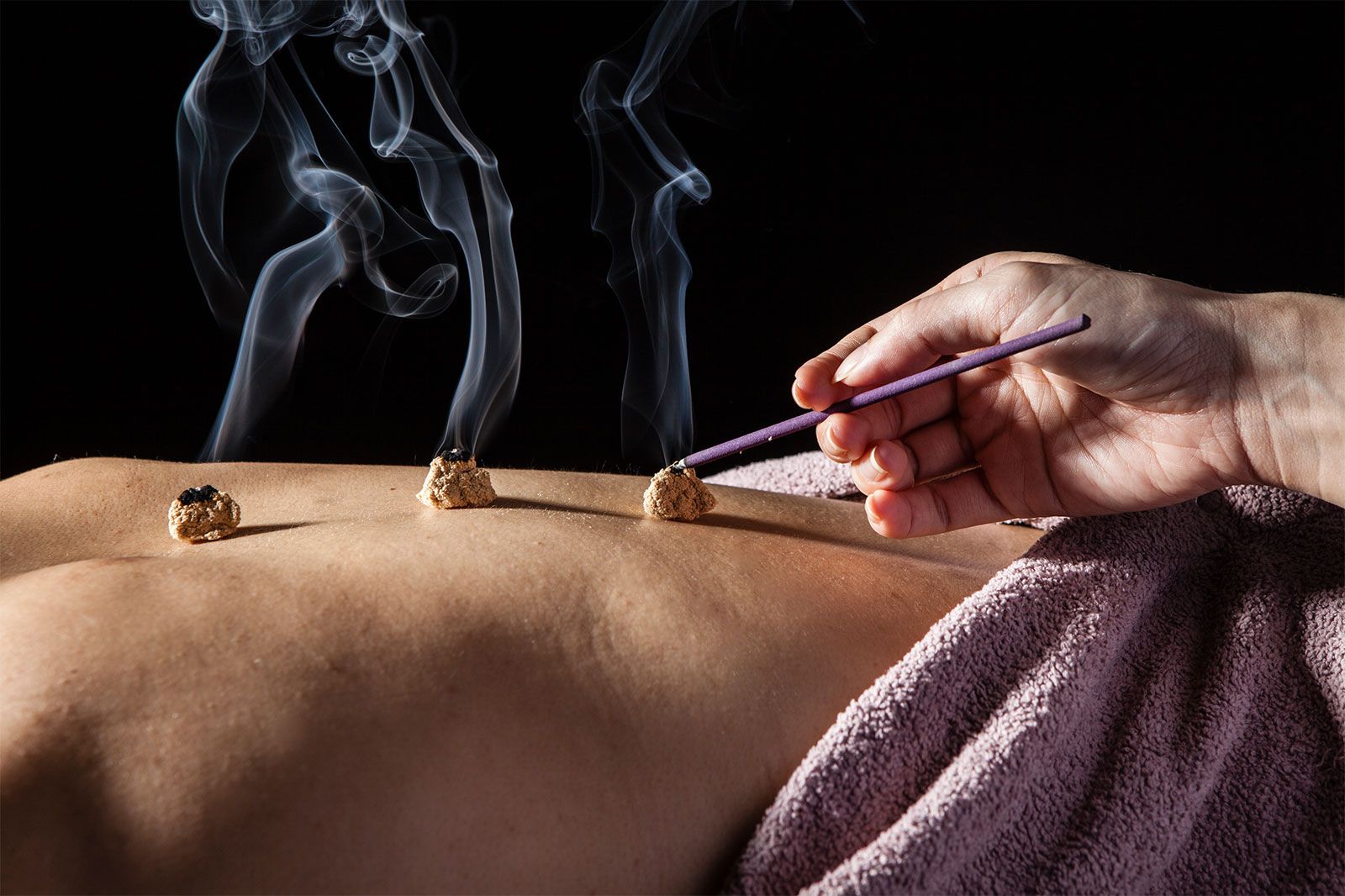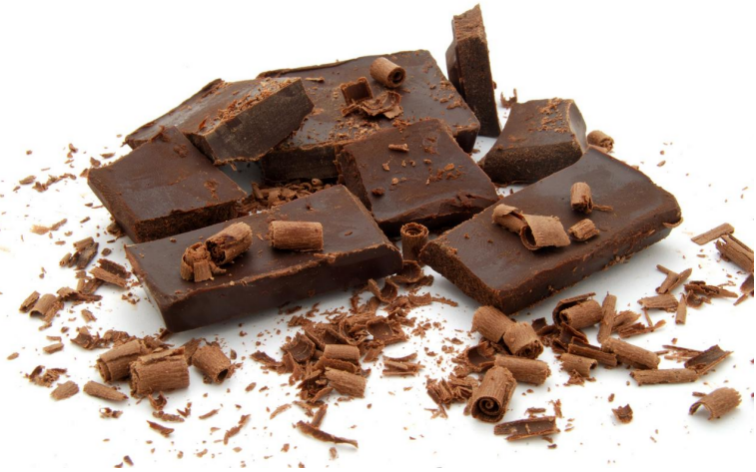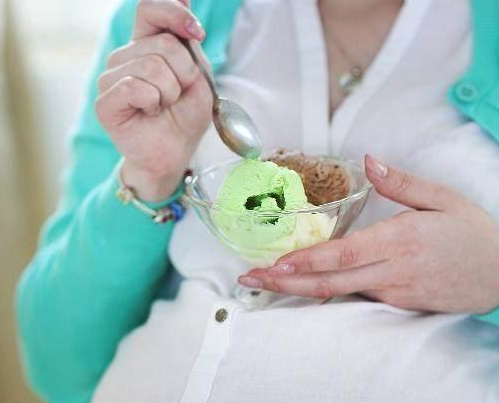The cosy image of sitting by a warm fireplace is how many imagine winter. Still, for some, this season might have an annoying little problem—unexpected water blisters or mouth ulcers. These uninvited “guests” make eating feel like a “spicy challenge.” While they may seem minor, they could be signalling deeper health concerns.
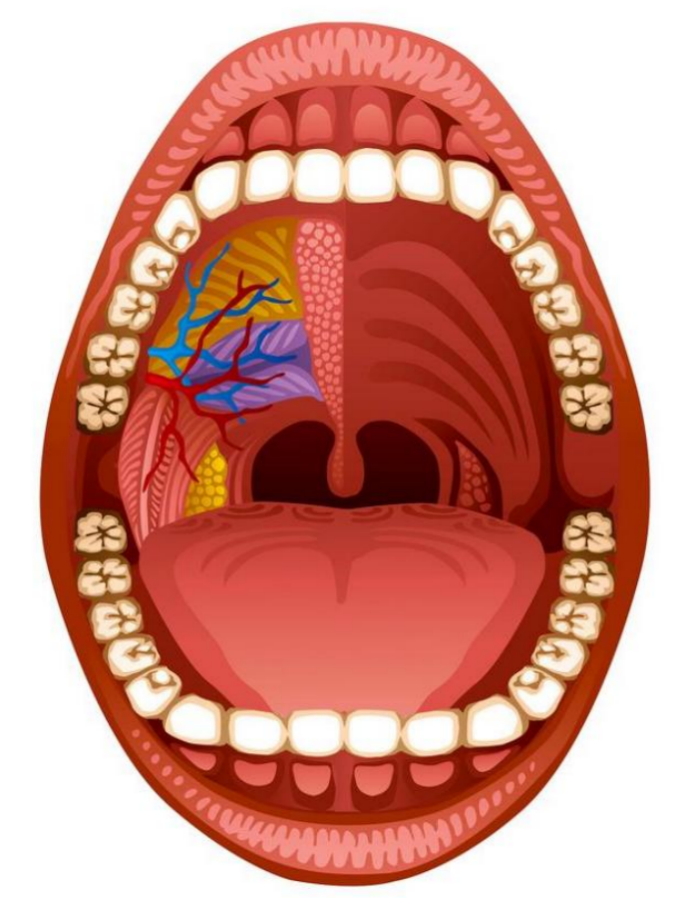
Winter air is like a dried-out sponge—cold, harsh, and dehydrating. This dry environment significantly reduces saliva production. Saliva isn’t just a “conveyor belt” that moves food down to your stomach; it’s also the mouth’s “cleaning crew” and “security team.” Saliva removes food debris, fights bacteria, and protects oral tissues from damage. When saliva “goes on strike,” bacteria seize the opportunity to set up camp in your mouth. Furthermore, the cold weather affects your immune system, like thinning out your “shield of health,” making your mouth a breeding ground for ulcers. So, when you notice a specific area in your mouth becoming tender or red swollen blisters appearing, don’t just blame the weather—take a closer look at your oral care habits.
Most mouth ulcers are actually “friendly warnings,” telling you that your recent lifestyle might have been a bit too “rough,” such as eating overly spicy foods, accidentally biting your cheek, or neglecting oral hygiene. They typically heal on their own within 10 to 14 days, like a brief “oral storm” that passes quickly. However, if an ulcer refuses to heal and lingers for over three weeks, it’s time to pay attention. A persistent mouth ulcer can be like a subtle yet serious “warning letter,” potentially hinting at more severe issues. Oral cancer is one possibility that should not be ignored. Be especially vigilant about symptoms such as ulcers that won’t heal for more than three weeks, red or white patches in the mouth, swelling in the throat or jaw, and pain when swallowing, chewing, or speaking—these may be “scouts” of oral cancer.
Proactively protecting your mouth can save you from scrambling to deal with blisters after they appear. Here are a few simple and practical tips to keep your mouth “problem-free”:
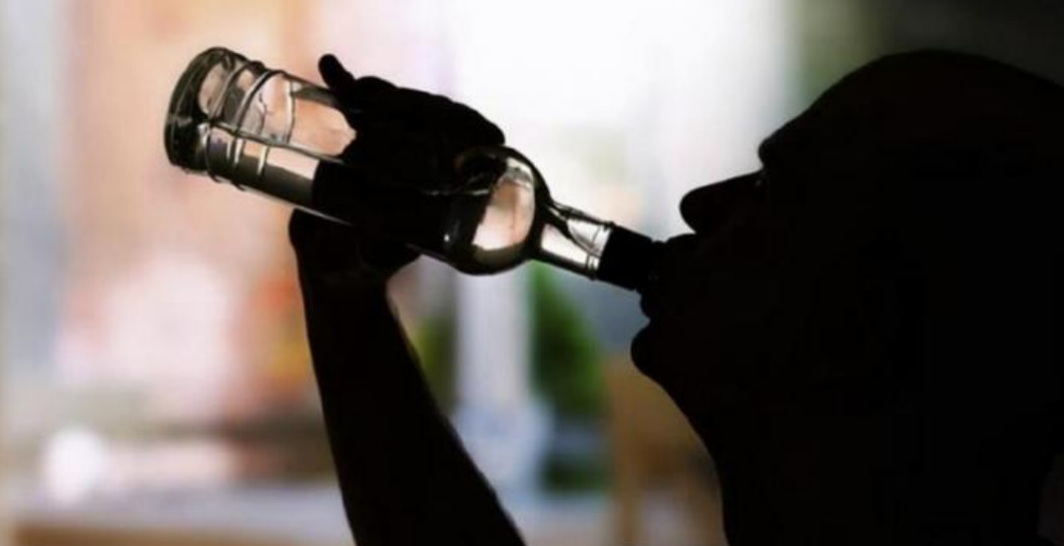
Avoid Smoking and Alcohol: Smoking and excessive drinking are like inviting trouble for oral health—they weaken the immune system and can directly damage oral tissues. Reducing or quitting smoking and drinking acts like putting a “protective umbrella” over your mouth, significantly lowering the risk of ulcers.
Saltwater Rinse: If you already have a mouth ulcer, try a “magic formula” you likely already have at home—warm water with salt. This simple solution can not only ease pain but also help clear bacteria, providing a more “comfortable” environment for healing.
Stay Hydrated: Winter’s dry air “steals” your body’s moisture, leading to dehydration that affects not only your skin but also saliva production. Drink plenty of water daily to help restore normal saliva flow, like installing an automatic sprinkler system in your mouth to flush out bacteria and food debris.
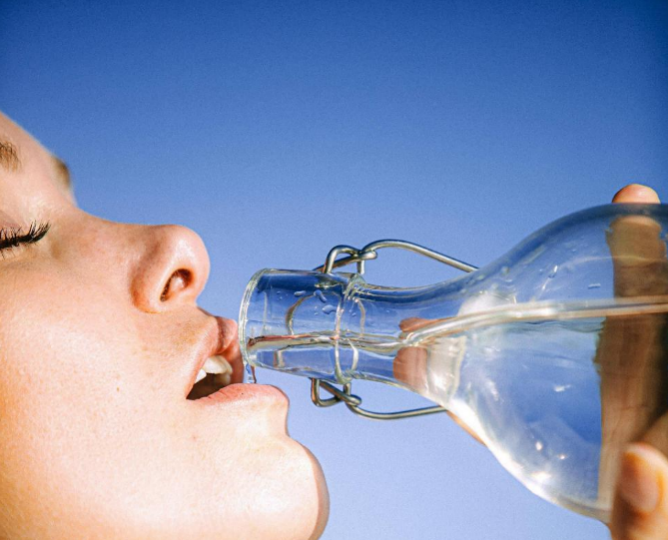
The next time you notice blisters in your mouth, don’t just chalk it up to “winter woes.” Pay close attention to changes in these ulcers and give your health a little extra care. If they heal within two weeks, you can smile it off as a small hiccup in oral health. But if the ulcer “moves in for the long haul,” don’t take it lightly—seek medical advice promptly.
Our mouths are bridges that connect us to the outside world and essential tools for savouring life. Taking good care of them not only spares you from pain but also boosts your daily happiness.
